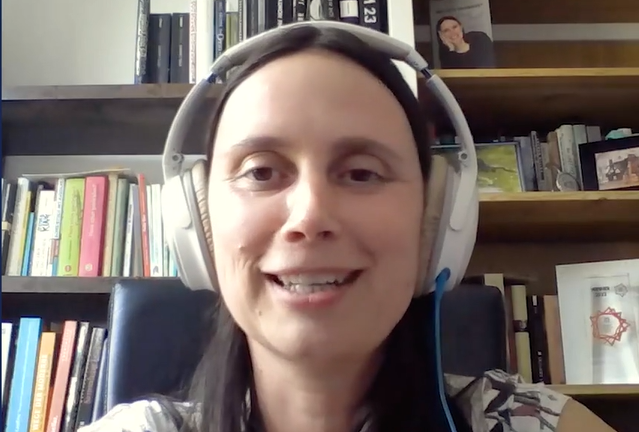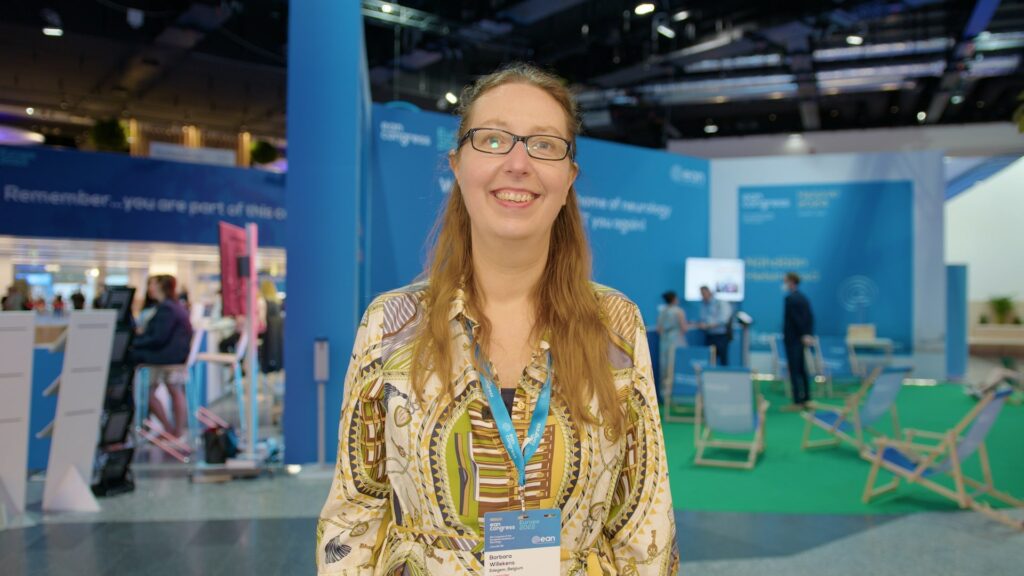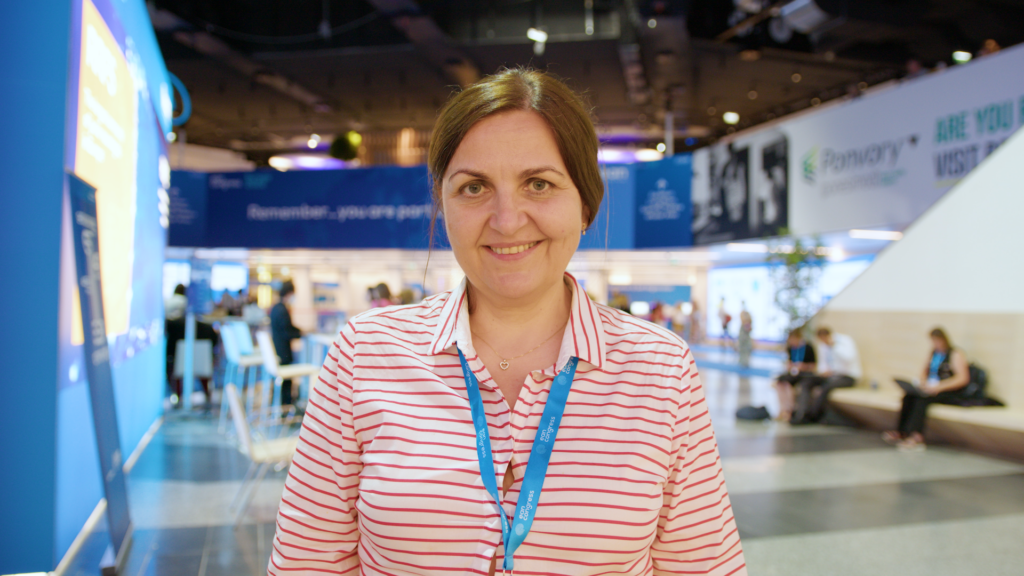The phase 3 EVOLVE-MS-1 (NCT02634307), was a 96-week, open-label, Phase 3 study, assessing safety, tolerability, and exploratory clinical and MRI efficacy of diroximel fumarate in adults with relapsing-remitting multiple sclerosis (RRMS). Diroximel fumarate, an oral fumarate for relapsing-remitting multiple sclerosis, has the same active metabolite as dimethyl fumarate. Diroximel fumarate has similar efficacy and safety to dimethyl fumarate but with improved gastrointestinal tolerability. In this touchNEUROLOGY interview, we caught up with Dr Barry Singer (Missouri Baptist Medical Center, St Louis, USA) to discuss the final efficacy, safety and tolerability findings of the phase 3 study, what questions remain unanswered and what further studies are planned.
The abstract entitled ‘Diroximel fumarate in patients with relapsing-remitting multiple sclerosis: final safety and efficacy results from the phase 3 EVOLVE-MS-1 study’ (Abstract #P712) was presented at ECTRIMS, 38th Congress of the European Committee for Treatment and Research in Multiple Sclerosis, 26 – 28 October 2022, Amsterdam, the Netherlands.
Questions:
- Could you give us an overview of the phase 3 EVOLVE-MS-1 study? (0:14)
- What are the potential advantages of diroximel fumarate over dimethyl fumarate? (0:55)
- What were the aims, design and eligibility criteria of the EVOLVE-MS study? (1:56)
- What were the efficacy, safety and tolerability findings of the study? (2:19)
- What questions remain unanswered and what further studies are planned? (4:17)
Disclosures: Barry Singer is a consultant for AbbVie, Biogen, EMD Serono, Janssen, Genentech, Greenwich Biosciences, Novartis, Octave Bioscience, Roche, Sanofi and TG Therapeutics; receives grant/research support from AbbVie, Biogen, Bristol Myers Squibb, Greenwich Biosciences, Novartis and Sanofi; and is on the advisory board for Cigna; receives Honoraria/Honorarium from AbbVie, Alexion, Biogen, Bristol Myers Squibb, Cigna, EMD Serono, Janssen, Genentech, Greenwich Biosciences, Horizon, Novartis, Octave Bioscience, Roche, Sanofi and TG Therapeutics; and is a speaker’s bureau participant with Alexion, Biogen, Bristol Myers Squibb, EMD Serono, Janssen, Genentech, Horizon, Novartis, Roche, Sanofi and TG Therapeutics.
Support: Interview and filming supported by Touch Medical Media. Interview conducted by Katey Gabrysch.
Filmed as a highlight of ECTRIMS 2022











